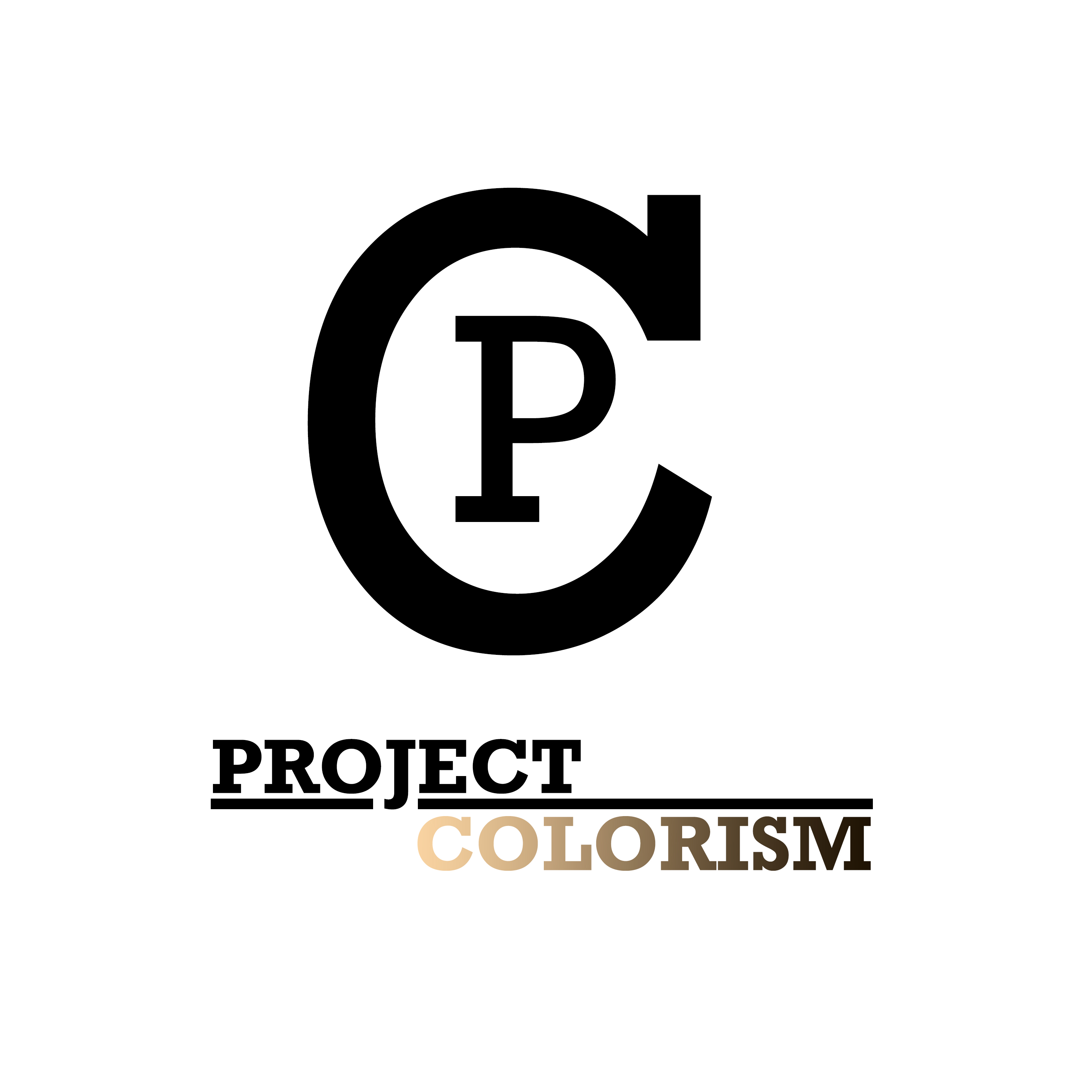In Spring 2024, Irene (she/they, name change) will be graduating from the College of Liberal Arts at Temple University with a degree in psychology with the hopes of attending law school. She is reflecting on her experiences with colorism, racism, and its intersectional layers as they have grown up. From a young age, Irene’s family made a point to educate her on racism and how those experiences differ from her white or male peers, emphasizing that those topics of education were not given at her school.
As we discussed colorism and gender inequality, she noted the apparent differences in comments toward lighter-skinned women and darker-skinned women in the black community. She notes how much nastier people can be online to women of color, especially darker women of color from both inside and outside of their own communities—showing a clear difference between the experience of men and women in communities of color.
When Irene came out to her parents and had conversations with them about differing gender expressions, their parents worried about her adding layers of oppression that could lead to her life being harder. Her father told her that by identifying on the queer spectrum, “you are gonna make your life ten times harder.” They continued the sentiment, saying, “you are already black, and you are already female, and those things can’t change, and you know, identifying as someone in the LGBTQ community, you are going to complicate your life tenfold,” which shows the common misconception that sexuality is a choice.
Irene feels that her parents' teaching on handling skin color discrimination and their own education on LGBTQ+ issues gained online helps them be able to respond when people discriminate against others.

